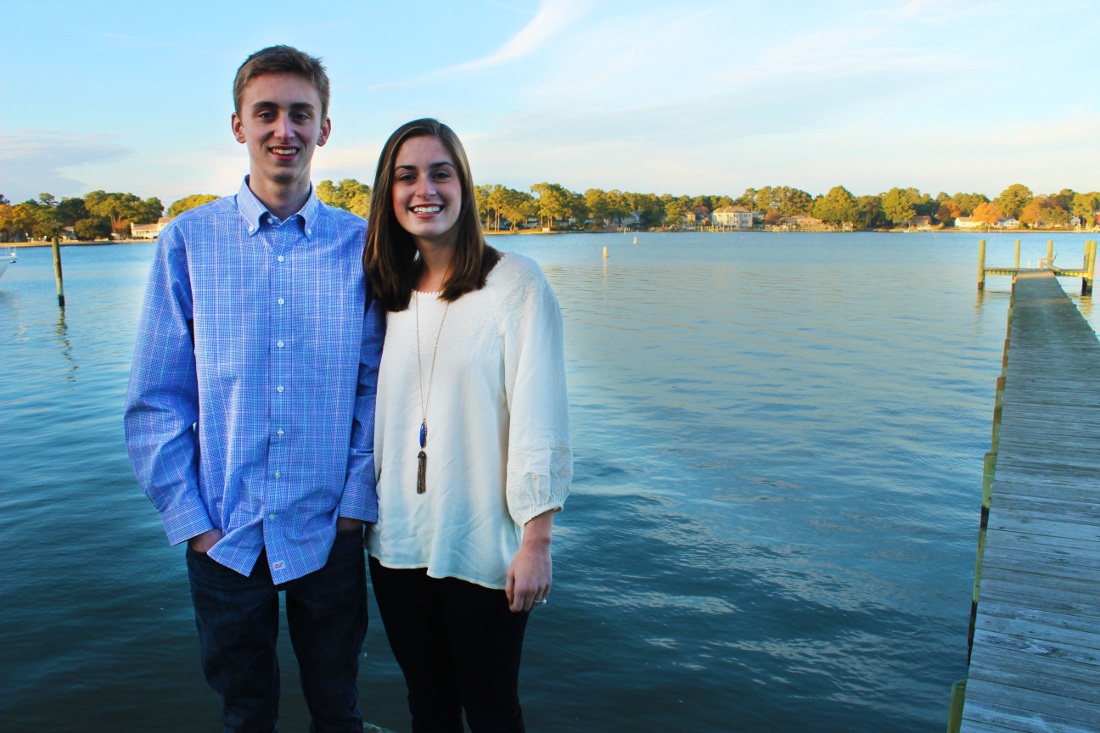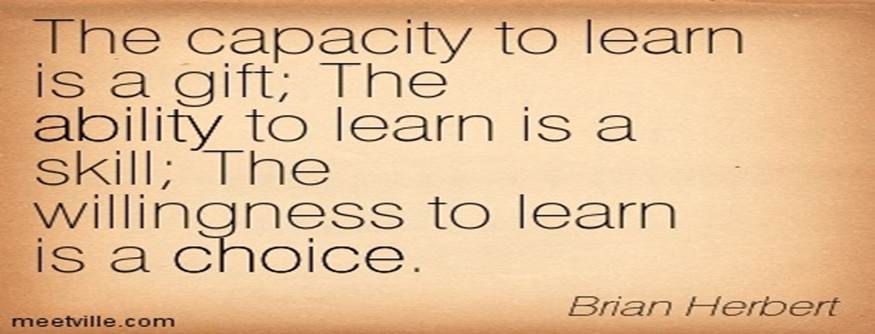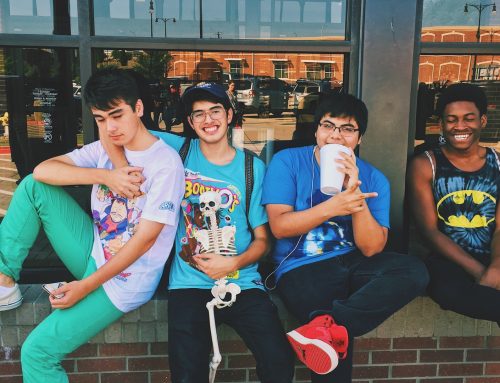Our latest Adult Group just concluded, and as such, we’re wrapping up this series for those who have been wondering what it’s like to be part of a Project Rex social skills group.
We’re also proud to announce that come September, we’ll be offering another Project PEERS Group for adults, along with a Pre-Teen/Teen and School-Age Group!
Exact dates and times for fall Groups are TBA; sign up for our email list to get notified as soon as they are announced.
In the meantime, be sure to check out our Sibling Support Group for autism siblings ages 8-14, with 4 Sessions this summer (June 30th, July 14th, July 21st, and July 28th).
To register, please call 843-792-9162 to schedule an intake.
Already signed up and want to help us get the word out? Share the Group page on social media, or click here for a hi-res, print-ready PDF flyer.
You can also view, download, and print the PDFs of our English-language brochure or the Spanish-language brochure.
And now, back to the Adult Group synopsis!
Adult Group, Weeks 7 to 10
In Week 7 we worked on exiting group conversations based upon our assessment of the receptiveness of group members. We also reviewed research which shows that anyone who tries to join an existing group conversation may be rejected up to 50% of the time, for a host of reasons.
As such, we discussed the most common reasons why one might not be welcomed to join in a group conversation despite one’s best efforts. We also explored alternatives, such as: having a private conversation instead; attempting to enter the group again while listening carefully to ensure that the conversation is not of a private nature; and noticing if a group is being cliquish and unwelcoming and deciding to find a different peer group.
We then reviewed the steps for exiting conversations based upon three common scenarios:
- Never welcomed
- Initially welcomed and then ignored
- Welcomed fully but need to leave
The steps and rules were presented through clinician-led role plays and group exercises. Week 7’s homework assignment involved attempting to join a group conversation within an established social group. Participants were challenged to pay attention to how they were welcomed, and to practice exiting according to how others received them.
In Week 8 we covered effective communication and steps for avoiding miscommunication. We reviewed the forms of communication and the importance of non-verbal communication as per the research of Dr. Albert Mehrabian.
Participants had an opportunity to observe clinicians performing role plays highlighting the skill sets. After that, they engaged in process-oriented exercises to support their comprehension of skills.
For homework, participants were asked to make a phone call to a group peer with whom a known difference of opinion existed. They were to attempt the communication skills and report on their efforts, with the goal of finding a compromise or agreeing to disagree.
In Week 9 we covered conflict resolution. We reviewed research about how the successful resolution of functional conflicts actually leads to increased trust, emotional intimacy, and reduced relationship stress.
We went over common scenarios in which communication breaks down and catalyzes conflict. In this context, we introduced the four primary types of conflicts. We also shared steps and rules related to conflict resolution through clinician-led role plays and process oriented exercises.
In the Parent Group, we discussed the material that the young adults were learning. Parents also reported on the homework that had been assigned to the young adult. (Some parents even made plans to implement some of the ideas presented in their own lives!)
Parents also discussed goals related to increasing independence and reported on their sons’ and daughters’ progress in these areas. Since participants daily living skills vary, we seek to help each participant to gain more independence and greater skills in as many areas as possible.
Finally, we encourage parents to assist their young adults in attending an ongoing social group gathering to facilitate social skills practice.
In Week 10, we covered steps and considerations for making social plans. We discussed what to do when we’re interested in developing a closer friendship, and how to invite someone to spend time with us within the community.
In addition, we examined the benefits of community-based activity versus home based activity. We then conducted an exercise in which the group determine the pros and cons of a host of different community activities. We emphasized common interests, casual environments, and spaces conducive to conversation.
We then reviewed rules for preparing for the activity and considerations for conduct during the get together. For example, we covered rules for demonstrating good sportsmanship in competitive activities. We also reviewed how to end a get-together successfully.
Members then completed their post-Group assessments and a brief satisfaction survey. Parents and Coaches joined for the last few minutes, and the Group ended with this inspirational quote by Brian Herbert: “The capacity to learn is a gift; The ability to learn is a skill; The willingness to learn is a choice.”
We emphasized how it is never too late to begin working on any of the social skills presented in Group, as friendship will always be a choice.
We’re grateful for another great Adult Group session; thank you to all who participated!
~ The Project Rex team



